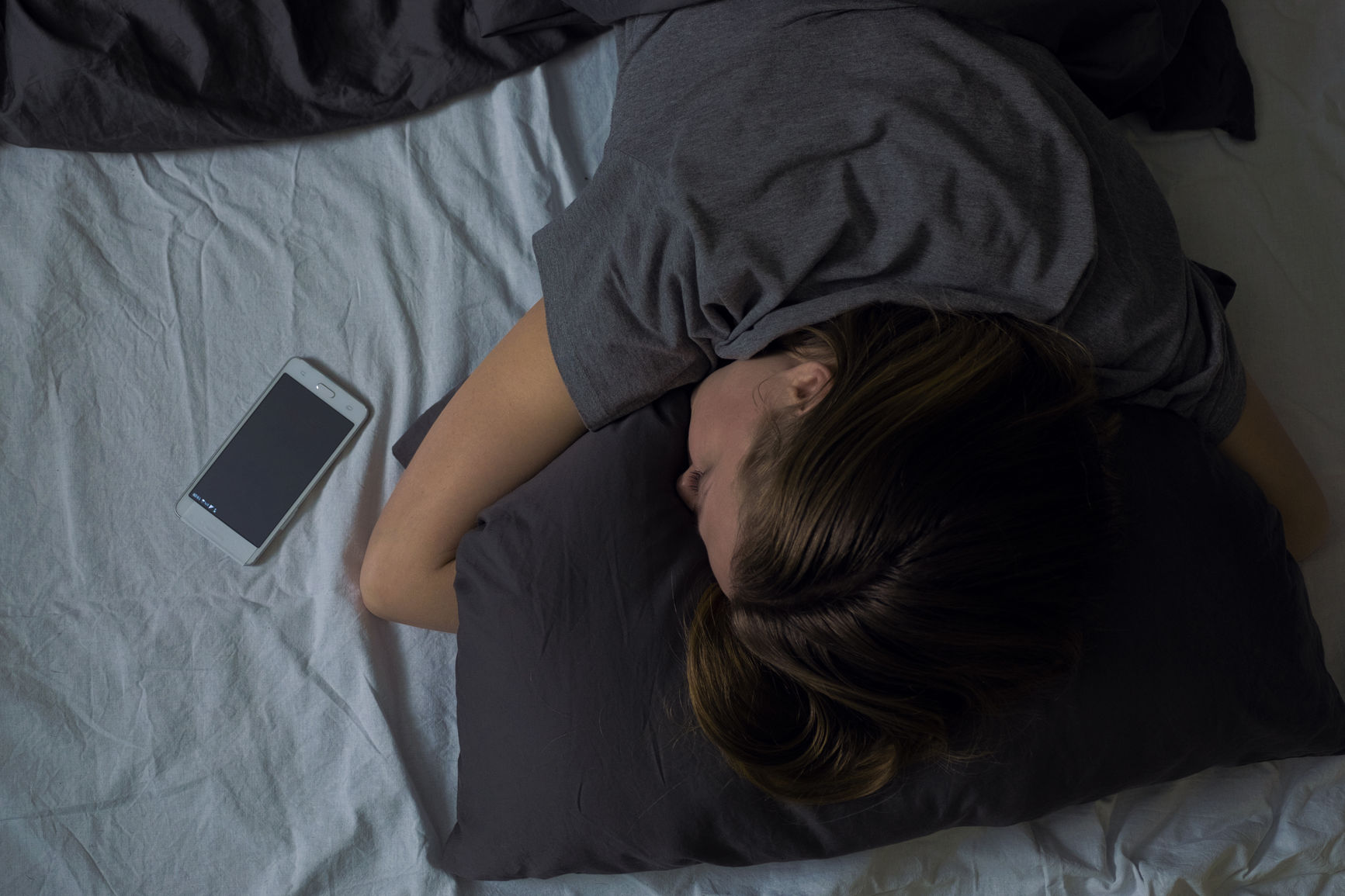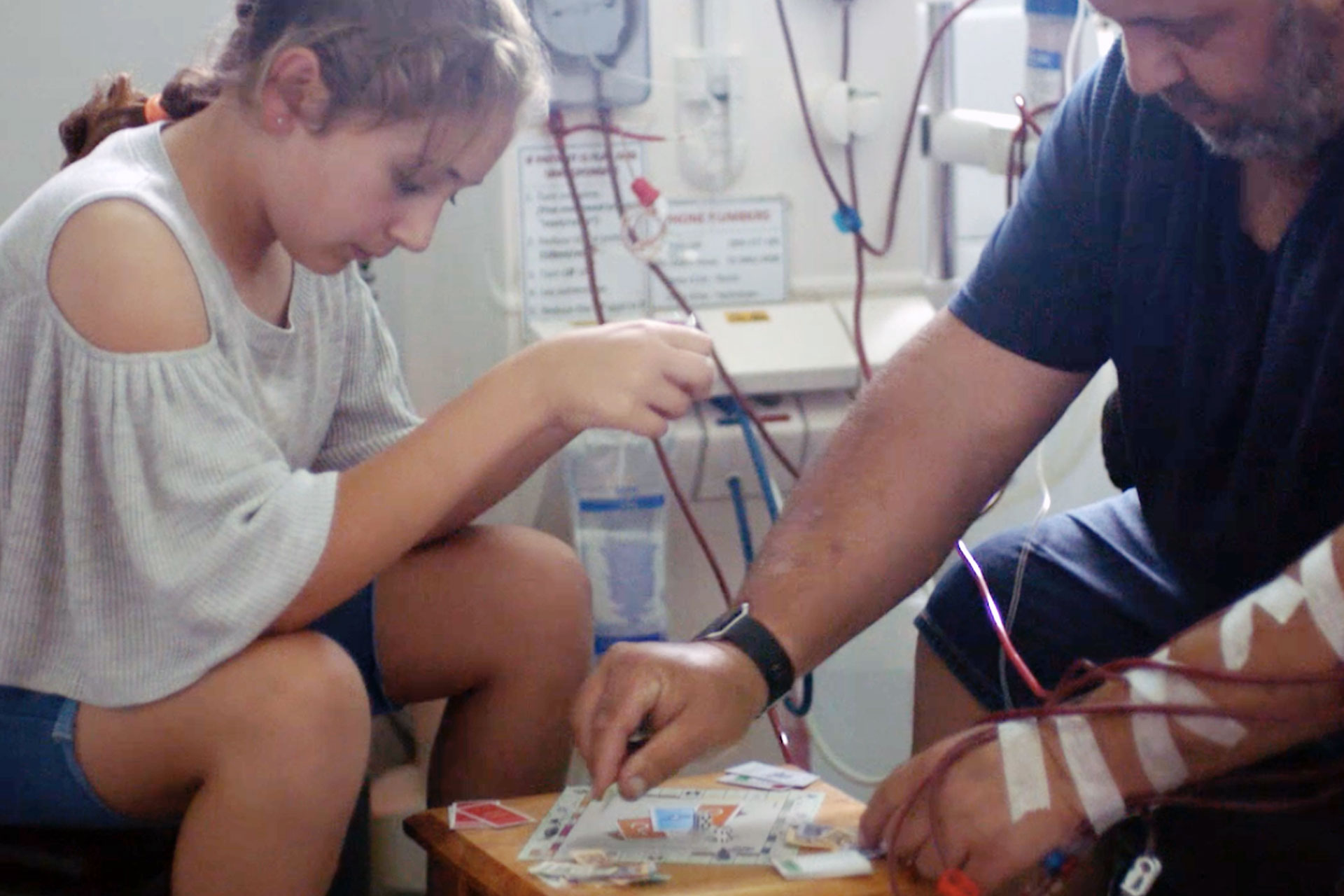-
Learning that millennials are off to a pretty rough economic start compared to previous generations is not news to us.
It seems millennials are a generation weighed down by financial insecurities — from student loans to mortgages (if you’re lucky enough to have one that is!).
We delve into the data on the mental health of millenials, and explore the healthy habits that have set them apart from previous generations.
The millennial paradox
While some people describe millennials as lazy, entitled and narcissistic, research has found that this view couldn’t be further away from the truth. In fact, 94% of all young adults are committed to making personal improvements, compared to 84% of Boomers and 81% of Gen Xers.
Young Aussies today also appear to be getting healthier. Data from the Medibank Better Health Index shows millennials are not only decreasing the amount of fast food and sugary treats they eat, they’re also consuming a lot less alcohol than their parents generation. Smoking has also dropped significantly, with only 13% of millennials smoking today.
But despite these healthy habits - research has found that depression and anxiety have hit an all time high. According to data from Medibank Better Health Index, the percentage of young Aussies affected by anxiety and panic attacks has nearly doubled over the last few years, with depression increasing by nearly 30% since 2009.
So what’s to blame?
There could be many reasons to why young Aussies are feeling more anxious and depressed than other generations, but the most obvious factors seem to be work-related. Today’s 20-somethings enter the workforce in an era of intense competition. While millennials have the highest rate of tertiary education in Australia, they’re also the ones suffering the highest from graduate unemployment. This means more of us are working part-time or in casual or contract positions - regularly juggling multiple jobs and longer hours than any other generation.
Ways to look after yourself
1. Set the right kind of goals
There is nothing wrong with being ambitious, but just be mindful of the type of goals you are setting. Try to shift your goals to intrinsic motivations rather than external values like money, possessions and social status. A good way to think about it is in relation to how you feel. For example, you could say “I want to feel close to people” or “I want to feel like my life has meaning” rather than “I want to be rich”. People who set intrinsic goals tend to be happier and calmer, whereas people who value extrinsic goals can run a higher risk of anxiety and depression.
2. Get by with a little help from friends
The support offered by a caring friend or family member can provide an invaluable buffer against the effects of stress, anxiety and depression. Meaningful relationships, whether socially or in a work context, can contribute to a longer, healthier and happier life.
3. Calm your busy mind with meditation
Meditation is a practice that has been around for thousands of years. While it is an ancient practice, modern clinical studies have found that meditation can have a myriad of health benefits. Meditation may help relieve symptoms of stress and anxiety1, improve concentration and focus2,3, improve sleep4, increase creativity5,6 and create an overall sense of calm7. If you’d like to learn how to meditate but you’re not sure how we’ve got good news — learning to meditate is easier than you think.
4. Connect with nature
Getting outside is one one of the most reliable ways to boost to your mental and physical well-being, and can decrease both your heart rate and cortisol levels. It can also be great for your professional life, as it helps sharpen your thinking, and increase creativity and problem solving. And if you think you are too busy to go outside, even the view of nature out a window is associated with lower stress and higher job satisfaction.
Where and how can I access help?
If you are experiencing a mental health issue, a good place to start the discussion about getting help is with your GP. You can also call our Medibank Mental Health Phone Support on 1800 644 325, 24 hours a day, 7 days a week for advice about any mental health or emotional concern.
If you, or someone you know, need immediate support or medical assistance, contact 000 in an emergency or Lifeline on 13 11 14.
For more tips and information on how to take care of your mental health, visit:
Why millennials need to self-care more than other generations


Medibank Better Minds
Whether you’re unsure of what you’re feeling, looking out for a family member, or you simply need to hear another voice, we’re here to advise, guide and support you through your mental health journey.
1 Hölzel, B. K., Hoge, E. A., Greve, D. N., Gard, T., Creswell, J. D., Brown, K. W., ... & Lazar, S. W. (2013). Neural mechanisms of symptom improvements in generalized anxiety disorder following mindfulness training. NeuroImage: Clinical, 2, 448-458.
2 Chan, D., & Woollacott, M. (2007). Effects of level of meditation experience on attentional focus: is the efficiency of executive or orientation networks improved?. The Journal of Alternative and Complementary Medicine, 13(6), 651-658.
3 Dane, E., B. J. Brummel (2014). Examining workplace mindfulness and its relations to job performance and turnover intention. Human Relations, 67 (1), 105 - 128.
4 Davidson R. J., Kabat-Zinn J., Schumacher J., Rosenkanz M., Muller D., Santorelli S. F., et al. (2003). Alterations in brain and immune function produced by mindfulness meditation. Psychosom. Med. 65, 564–570
5 Colzato, L. S., Ozturk, A., & Hommel, B. (2012). Meditate to Create: The Impact of Focused-Attention and Open-Monitoring Training on Convergent and Divergent Thinking. Frontiers in Psychology, 3, 116. http://doi.org/10.3389/fpsyg.2012.00116
6 rso, V., Fabbro, F., & Crescentini, C. (2013). Mindful creativity: the influence of mindfulness meditation on creative thinking. Frontiers in Psychology, 4, 1020.
7 Netta Weinstein, Kirk W. Brown, Richard M. Ryan (2009). A multi-method examination of the effects of mindfulness on stress attribution, coping, and emotional well-being. Journal of Research in Personality 43, 374–385.
Subscribe to receive the best from Live Better every week. Healthy recipes, exercise tips and activities, offers and promotions – everything to help you eat, move and feel better.
By clicking sign up I understand and agree to Medibank's privacy policy






